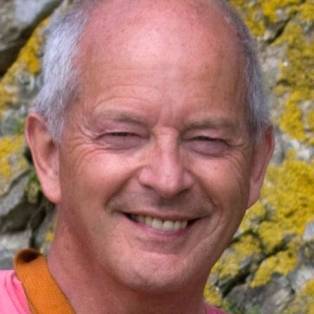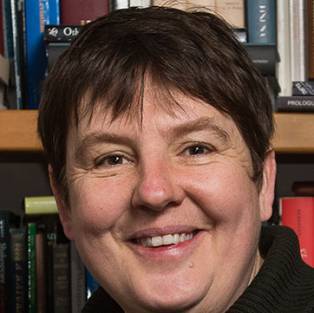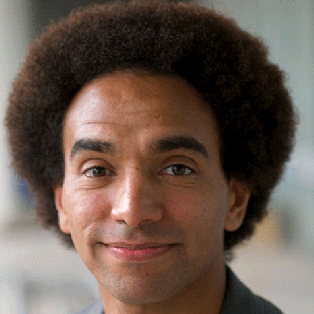{related_entries id="evnt_auth_1"} {/related_entries} and {related_entries id="evnt_auth_2"} {/related_entries}
How Social Media Saved the Home of WWII Code Breakers
Monday 4 April 2016
5:00pm
1 Hour
Duration{related_entries id="evnt_loca"}How Social Media Saved the Home of WWII Code Breakers{/related_entries}
Venue£12
Ticket priceCo-authors Sue Black and Stevyn Colgan explain how Bletchley Park, the birthplace of computing, was saved by a thoroughly modern social media campaign enabled by the same technology.
Black and Colgan’s book, Saving Bletchley Park, charts a 20-year campaign by hundreds of people to save the home of the World War II codebreakers, led by Alan Turing, as a heritage and education centre. It is a story about campaigners, veterans, computer geeks, Twitter and Stephen Fry. Black explains how she enlisted the comedian, actor and writer Stephen Fry to her campaign to save Bletchley Park via Twitter. Fry’s tweets led to a burst of support for the campaign.
Black is a senior research associate in the software systems engineering group of the Department of Computer Science at University College London and a founder of the ‹goto› Foundation to promote computer science. She has campaigned for more equality and support for women in tech and campaigned to save Bletchley Park and secure the Turing papers for the nation. Colgan is an author, illustrator, musician and speaker. He works as a writer/researcher on the BBC QI series and is a regular contributor to the QI books and annuals.

__main.jpg)



